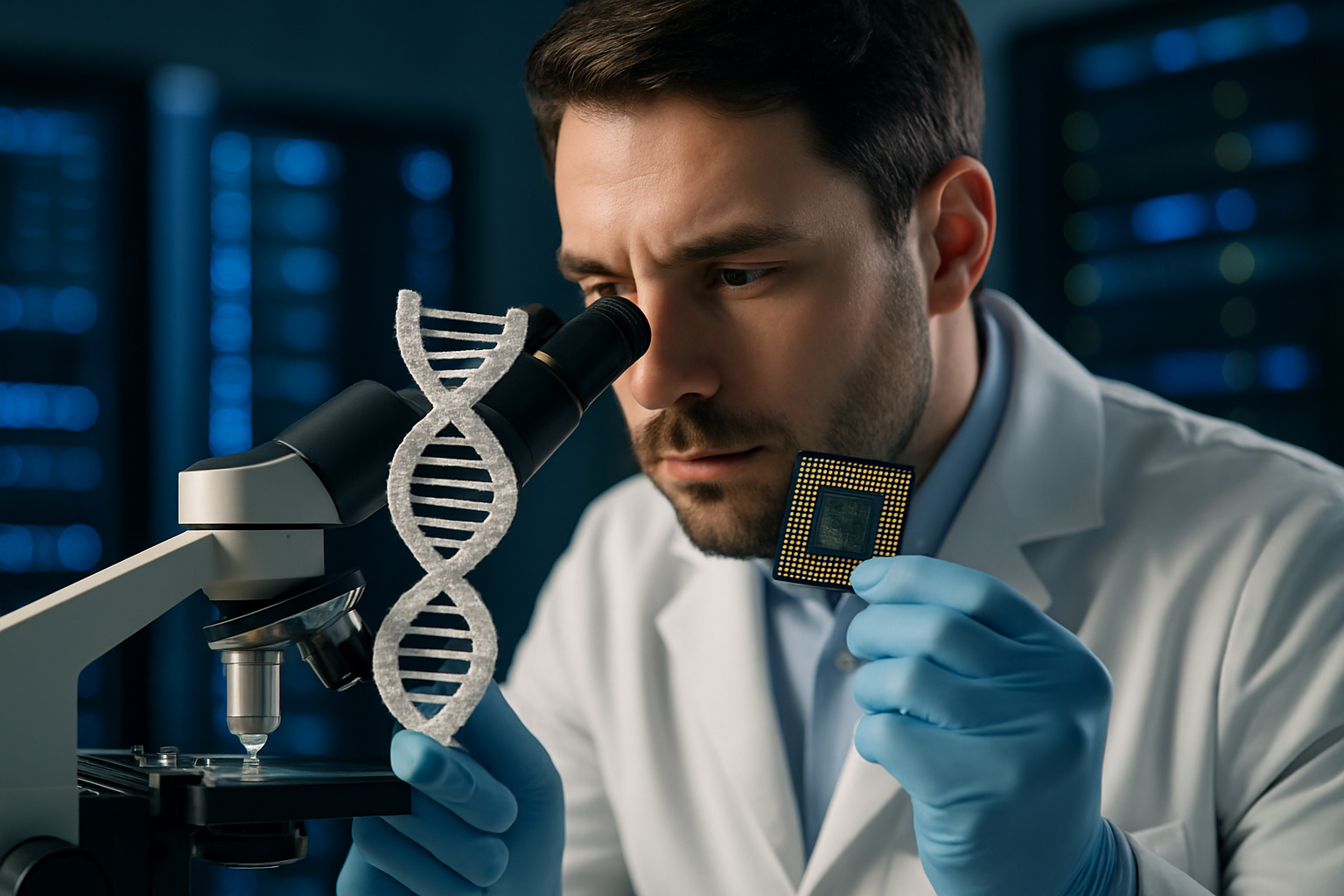Title: Legal Implications of Synthetic Biology: A Regulatory Frontier
Introduction: The rapid advancement of synthetic biology presents unprecedented legal challenges, blurring the lines between natural and artificial life. This emerging field raises complex questions about intellectual property rights, biosafety regulations, and ethical considerations. As scientists push the boundaries of genetic engineering, lawmakers and policymakers grapple with the task of creating a regulatory framework that balances innovation with public safety and ethical concerns.

Current Regulatory Landscape
The existing regulatory landscape for synthetic biology is a patchwork of different approaches across jurisdictions. In the United States, oversight is primarily shared between the Environmental Protection Agency (EPA), the Food and Drug Administration (FDA), and the Department of Agriculture (USDA). Each agency regulates different aspects of synthetic biology based on their respective mandates. For instance, the EPA focuses on environmental impacts, while the FDA oversees products intended for human consumption or medical use. This fragmented approach often leads to regulatory gaps and overlaps, creating uncertainty for researchers and companies working in the field.
Intellectual Property Challenges
One of the most contentious legal issues surrounding synthetic biology is intellectual property rights. Traditional patent laws were not designed with the complexities of engineered biological systems in mind. Questions arise about what aspects of synthetic organisms can be patented - the genetic sequences, the biological processes, or the organisms themselves? The landmark case of Association for Molecular Pathology v. Myriad Genetics, Inc. in 2013 set a precedent by ruling that naturally occurring DNA sequences cannot be patented. However, the court left open the possibility of patenting synthetic DNA sequences, creating a complex landscape for intellectual property in synthetic biology.
Biosafety and Biosecurity Concerns
The potential risks associated with synthetic biology have led to calls for stringent biosafety and biosecurity regulations. Concerns range from the accidental release of engineered organisms into the environment to the deliberate misuse of synthetic biology for bioterrorism. The Cartagena Protocol on Biosafety, an international agreement, provides some guidelines for the safe handling, transport, and use of living modified organisms. However, its application to synthetic biology is limited, and many countries lack specific national legislation addressing these concerns. Developing comprehensive biosafety regulations that do not stifle innovation remains a significant challenge for lawmakers.
Ethical and Social Implications
The ability to create and modify life forms raises profound ethical questions that legal frameworks must address. Issues such as the moral status of synthetic organisms, the boundaries of human intervention in nature, and the potential for exacerbating social inequalities through access to synthetic biology technologies are at the forefront of these discussions. Some countries have established bioethics committees to provide guidance on these matters, but translating ethical considerations into enforceable laws remains a complex task. The legal system must find a balance between promoting scientific progress and safeguarding societal values and human dignity.
International Harmonization Efforts
Given the global nature of scientific research and commerce, there is a growing recognition of the need for international harmonization of synthetic biology regulations. Initiatives such as the International Genetically Engineered Machine (iGEM) competition have developed safety and security policies that serve as models for international collaboration. However, achieving consensus on a global regulatory framework is challenging due to differing national priorities, cultural values, and levels of technological development. Efforts to create international standards and protocols for synthetic biology are ongoing, but progress is slow and fraught with diplomatic complexities.
Future Legal Directions
As synthetic biology continues to evolve, legal frameworks must adapt to keep pace with technological advancements. Some experts advocate for a new, dedicated regulatory body to oversee synthetic biology, arguing that the current system is ill-equipped to handle the unique challenges posed by this field. Others propose a risk-based approach to regulation, focusing on the potential impacts of synthetic biology products rather than the processes used to create them. Regardless of the specific approach, it is clear that flexibility and adaptability will be key features of any successful legal framework for synthetic biology.
In conclusion, the legal implications of synthetic biology represent a frontier in regulatory innovation. As this field continues to advance, it will challenge our existing legal structures and demand creative solutions to balance scientific progress with public safety and ethical considerations. The development of a robust, flexible, and internationally harmonized legal framework for synthetic biology is crucial to harness its potential while mitigating risks. This evolving legal landscape will play a pivotal role in shaping the future of biotechnology and its impact on society.





